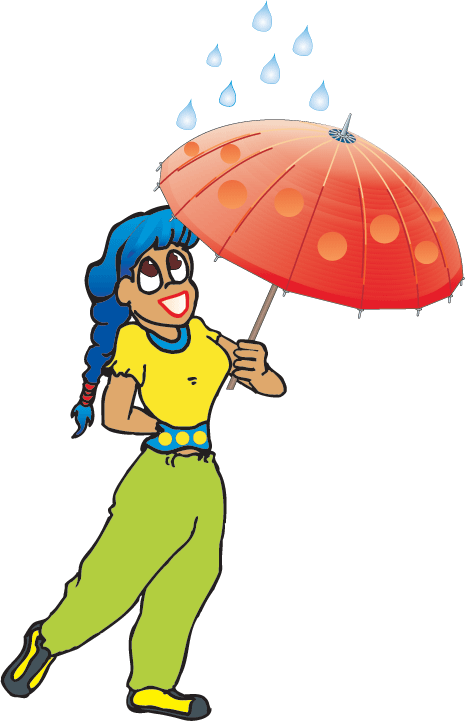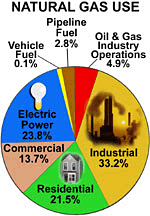Overview
If you're a kid at heart, we think you'll be comfortable here.
Our vision is:
All kids, young and old, will share a consciousness of energy usage and how precious it is. The world will become filled with people who are energy and science literate. Each person will use this knowledge to make informed decisions.
Our mission is to create an extremely friendly portal through which energy and science education resources can be accessed and learned. In this, energy is the unifying concept that puts all sorts of patterns and relationships into perspective.
Our goal is to present all the various ways to learn this concept including the one or more that best match each person's learning style. Then there are other potential matches in our imaginations, under concept review, or being developed (e.g., both content standards and some guidance on what should be known about energy) and learning styles:
Then there are other styles in our imaginations, under concept review, or being developed. Wanna share yours?from the world-view of age-peers (Electra, Geo & Windy), by reading, hands-on, and patterns, by asking questions by taking an ethical position, by doing an activity or project, by cramming, by going top-down or bottom-up, by working up by age-grade or developmental-level, by being game-driven, by focusing on controversial topics and learning how to make informed decisions (e.g., the disposal of spent nuclear fuel from commercial nuclear reactors) by collaboration, competition and contests, by subject, by picking up on each page's selected fun facts, by taking quizzes, through reaching for the STARS at a DOE National Laboratory near you, through minority-focused programs, by doing a World Watch - tracking volitile areas. by drilling through from the basics, through face-to-face question & answer sessions, by visualizing the patterns ,with links to other, perhaps cross-disciplinary, approaches, and structured and developmentally-appropriate knowledge trees.
For Teachers, we have organized age-graded subject matter that is available free of charge, providing a quick resource for most aspects of energy while linking to other energy-related sites. For AP students, please be advised about Hands-on Interactive Games. However, the Relativistic Heavy Ion Collider Adventure is actually too challenging for most: Strike off into a new adventure, but do it quickly because the fate of the universe depends on your success with the Relativistic Heavy Ion Collider Adventure. Advanced Placement students have a special guide: "APs".
General Organization
Overview: Basics, yes, but with lots of depth too. Ask Gross Energy Questions: Ways to find out what you want to know Content Standards: Limbo anyone? Contests: Bring on the competition! Energy Basics: Heavy but robust - and robust is good. Gross Energy Glossary: Note: this is definitely a great great resource! Events" What's happening? (e.g., World Year of Physics 2005, STARS) Music: Remember Science through a musical memory Formulas Great & Little: Are equations and symbols a lingua-franca? Games & Quizzes: These are really too much fun! Beginners: And there are even picture games for pre-readers. Intermediate Difficulty: But they get more challenging. Advanced: And even more challenging. Hands-on Interactive Games: APs History & Milestones: What happened when? Great Events and Great Discoveries
What’s up in the future?
Science Yes, energy is a unifying concept in science. Great Ideas: What are the greatest ideas in science? How do you rank them? Students Activities: Younger students have activities Students Projects: Older students have projects. Shopping at the Mall.
Teacher Lesson Plans A VERY good resource! And the content is free. SOL links, too.
- What Every Teacher Should Know
- “Guidelines on what every student should know about energy.”
- Content Standards (a.k.a., SOLs): Limbo anyone?
- For All Grades
- For Grades 1-5
- For Grades 6 - 8
- Through the 12th Grade and Beyond
- University & Graduate Courses
DOE Student Science Programs, Teacher Training Courses, and Laboratories Other DOE Education Sites DOE Laboratories, Educational Programs: Minority Outreach Initiatives Crash on electricity, radio, corporate business, law, and patent rights
On each page, each great topic stands on its own, has great depth and creativity.
Here are the subjects covered.
(Another option is to scan through the Gross Energy Glossary.)
Alternative Fuels Atomistic Property of Matter Biofuels Biomass Garbage Municipal Solid Waste Carbon-Based Fuels Coal Natural Gas Oil / Petroleum Carbon Sinks Coal Cogeneration of Electricity & Heat Einstein's Miraculous Year Electricity Energy - a Unifying Concept Energy Consumption, Expenditures, and Emissions Indicators, 1949-2002 Energy Education Resources Energy Efficiency Energy Conservation Energy Infosheets Fossil Fuels Coal Natural Gas Oil / Petroleum Fun Facts Garbage and Municipal Solid Waste Gasoline - where does it come from? Non-Carbon-Based Fuels Geothermal Hydrogen + Fuel Cells = Clean Energy (Electricity) + Water Nuclear Energy Solar Uranium Water / Hydropower Wind Great & Tangible Science Experiences, Projects & Collaborations Greenhouse Gas Emissions Hands-On Activities Human Genomes Hydrogen + Fuel Cells = Clean Energy (Electricity) + Water Math Math History MegaMath Milestones in the History of Energy & Its Uses Natural Gas Nuclear Energy Ocean (Tidal & Wave) Energy Oil / Petroleum Physics & Einstein's Miraculous Year Propane Quantum Theory of Light and Matter Radioactive Waste from Commercial Nuclear Reactors Recycling Renewable Energy Biomass Geothermal Water / Hydropower Solar Wind Robotics Saving Energy Smart Energy Use Space and Time Users and Uses of Energy Tidal Energy Transportation Uranium Waste Management Water / Hydropower Watersheds Wave Energy What every student should know about energy. APs - a quick learn What's energy?
Interested in expanding this open source code? or sharing something? Contact the Kids Zone IPT.
Note of Appreciation: This website appreciates the Dept. of Enegy's Kids Zone where this website got its start - through DOE's Energy.Gov. Here, however, the IPT alone is responsible.
Date last updated: November 21, 2005






